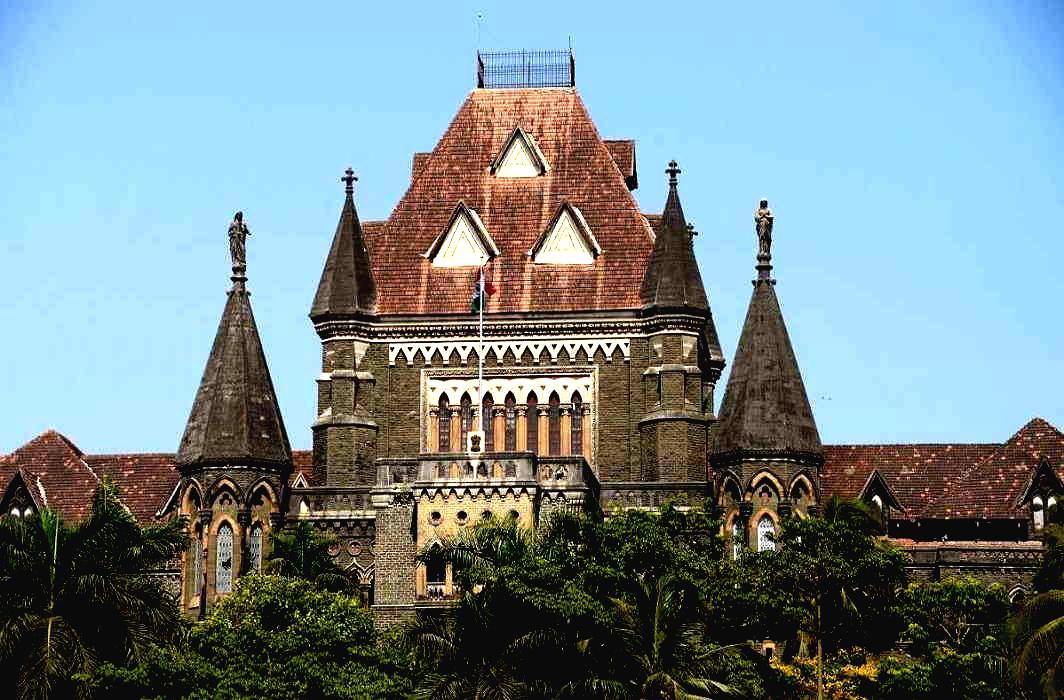The Bombay High Court on Thursday asked the Union government to reconsider its stand that door-to-door Covid-19 vaccination was not feasible, saying it must consider the plight of old people and the disabled.
The Division Bench of Chief Justice Dipankar Datta and Justice G.S. Kulkarni passed this order while hearing a PIL filed by Dhruti Kapadia and another.
The Court said that the reasons assigned by the respondent, which in its opinion do not encourage a door-to-door vaccination of the elderly and disabled citizens.
Anil C. Singh, Additional Solicitor General said that the elderly citizens are disabled to visit the vaccination centers for being administered the vaccine by reason of their advanced age and also because of suffering from one or the other comorbidity; and in such case, after vaccination, should there be an AEFI situation, an appropriate medical facility may not be available where the vaccine is administered and it may not also be possible to give proper medical attention to such elderly citizen.
“If indeed, vaccination of elderly citizens by adopting a door -to-door vaccination policy is being avoided because such elderly citizens are aged and suffer from comorbidities, we regretfully record that the elderly citizens are literally being asked to choose between the devil and the deep sea. A policy which leads to such conclusion has to be viewed as arbitrary and unreasonable, for the elderly citizens are entitled to the protection of Article 21 of the Constitution of India as much as the young and abled-bodied citizenry of the country. It is, thus, difficult to sustain such reason”, the Court observed.
The Petition said that, it is difficult to assume that ambulances fitted with refrigerators to maintain the recommended temperature are not available and, therefore, efficacy of the vaccine would be compromised or that AEFI following vaccination would have a detrimental effect on vaccine confidence and programme performance. Should long exposure of the vaccine result in contamination, it is for the Government in its appropriate department to explore ways and means to prevent contamination as well as exposure beyondthe recommended temperature so that the vaccination programme can be taken to the door steps of elderly and disabled citizens.
The Court stated that, if indeed proper temperature control measures are taken and personnel well trained to vaccinate together with the vaccine are made to travel in appropriate vehicles for reaching duly identified elderly and disabled citizens, who could benefit by reason of such vaccination, we see no reason as to why this particular reason could hinder adoption of a door -to-door vaccination policy.
“We can take judicial notice of assembly of a huge crowd at the vaccination centers at any given point of time where Covid protocols, at times, are unintentionally compromised. The respondents have not explained as to how it would not be possible to maintain physical distancing and infection prevention control measures if a door-to-door vaccination campaign is introduced”, the Court said.
Read Also: PIL in Supreme Court seeks transfer of Kerala journalist Siddique Kappan to AIIMS
The bench recorded the submission of Additional Solicitor General, Anil Singh that the decision not to initiate home vaccination would be relooked within two weeks and adjourned the matter to May 6, 2021.


